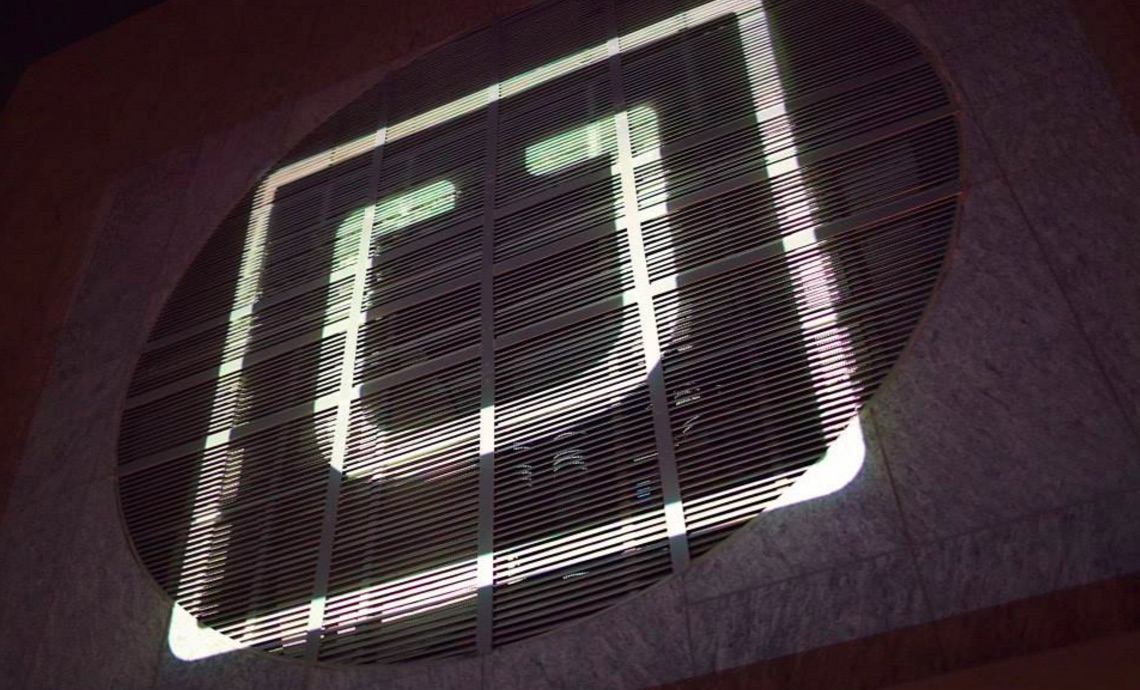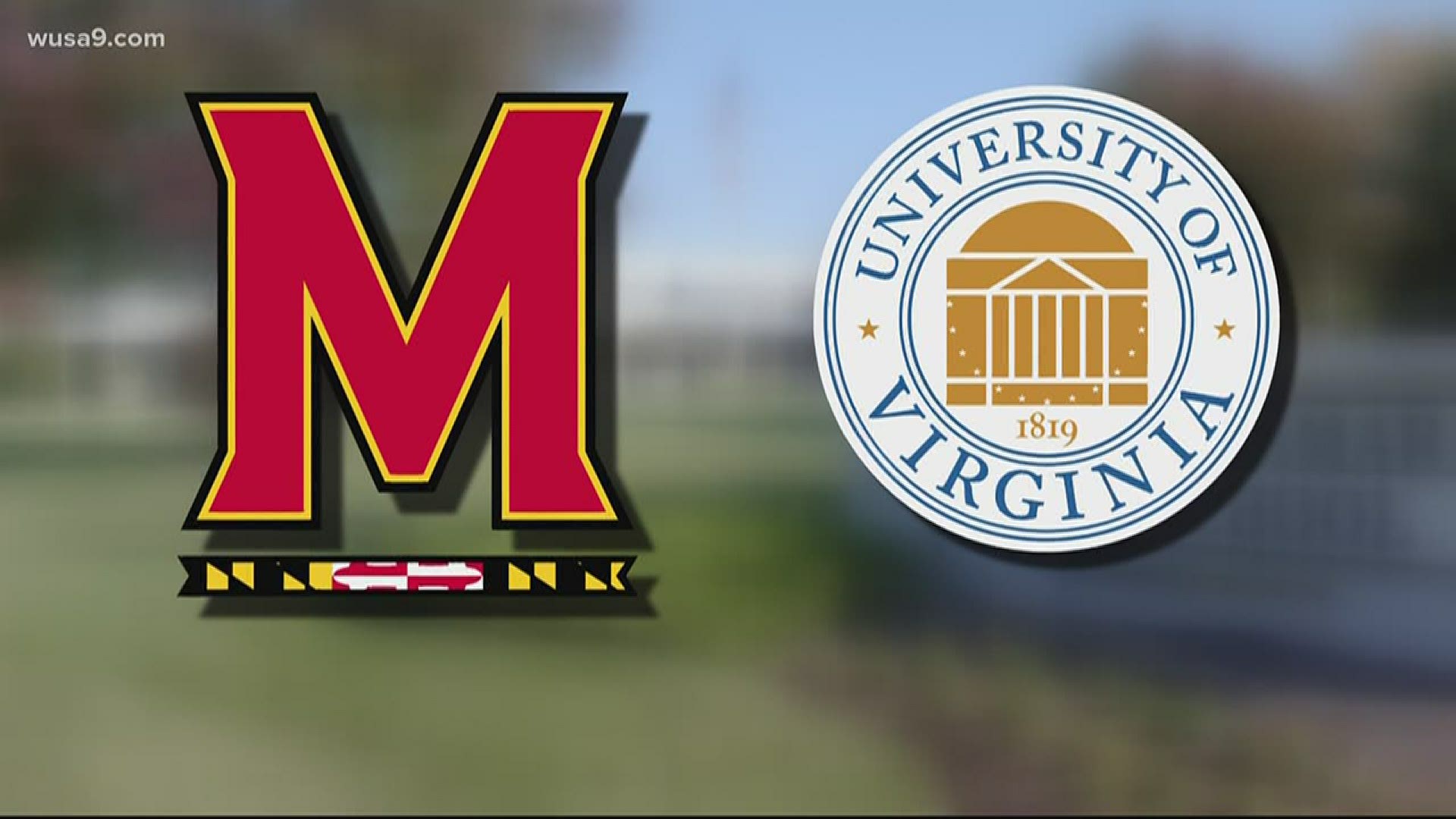SAN FRANCISCO — Uber has agreed to pay drivers in California and Massachusetts as much as $100 million to settle lawsuits in both states over whether its drivers are independent contractors or employees.
The cases revolve around Uber drivers in the two states who contend they are employees and therefore should be reimbursed for expenditures or losses incurred during the discharge of their duties.
The class action settlement allows Uber to continue to consider its drivers as independent contractors, a big win for a company whose business model depends on keeping costs low by merely serving as a conduit between drivers and riders, rather than being an employer.
In return for the settlement, Uber has agreed to pay the plaintiffs $84 million, with a second payment of $16 million if it goes public and its valuation increases one and a half times from that of Dec. 2015, Uber said in a release.
Uber CEO Travis Kalanick said last month he didn't expect the company to go public this year, and in fact would put that event off as long as possible.
Judge Edward Chen, who is presiding over the case in Northern California Superior Court, must still approve the settlement for it to take effect.
The lawyer representing the drivers in the suits notes, however, that the settlement has not answered the broader national question of whether gig economy workers should be classified as employees rather than independent contractors.
"No court has decided here whether Uber drivers are employees or independent contractors and that debate will not end here," said Shannon Liss-Riordan, the lawyer representing the drivers in the suits.
the lawyer representing the drivers in the suits.
The case "stands as a stern warning to companies who play fast and loose with classifying their workforce as independent contractors, who do not receive the benefits of the wage laws and other employee protections," she said.
Contractors versus employees
Contract employees have flexibility over how much or little they choose to work, a status that also saves Uber money.
Full-time employees have the right to a minimum wage and Uber would be required to pay a portion of their Social Security costs as well as FICA.
In the past few years the so-called "gig economy" has burgeoned, with companies like Uber, Lyft, TaskRabbit and others making millions by connecting workers and those who want work done. However labor organizations and others argue that these workers should be considered employees because of the protections that classification gives them under labor law.
The settlement covers approximately 385,000 drivers who are represented in the two cases.
Uber also agreed to create a driver's association in both states. It will meet with the associations quarterly to discuss issues important to drivers, it said in a statement on its website.
The statement was titled "Growing and growing up," a reference to the six-year-old company's relative youth.
Uber has long maintained that its drivers elect to use its app because they want flexibility.
"In the U.S. almost 90% [of drivers] say they choose Uber because they want to be their own boss. Drivers value their independence — the freedom to push a button rather than punch a clock, to use Uber and Lyft simultaneously, to drive most of the week or for just a few hours," Uber's statement said.
Uber also agreed to publish a driver deactivation policy, in response to frustration from drivers who have found themselves barred from using the Uber app to find riders with little or no information as to why.
Who the case covers
The settlement only applies to people who signed on to drive for Uber early on in California and Massachusetts. It hinges on the notion that they may not have understood the company was not offering to actually hire them.
“The gig economy wasn’t perhaps explained to them, so they thought they were getting one thing and they got something a little different,” said Thomas Baylis, a partner with the firm of Cullen and Dykman
a partner with the firm of Cullen and Dykman in New York City who specializes in labor law.
in New York City who specializes in labor law.
Since then, Uber has made it very clear to potential drivers that they are not, and will never be employees, so they will not be eligible to file suit.
However, the settlement is not binding beyond the two states, so it’s possible that drivers in other states could also say they didn’t know.
Follow Elizabeth Weise at @eweise.

![635968824030855188-ubertrevor.JPG [image : 83374246]](http://www.gannett-cdn.com/media/2016/04/22/USATODAY/USATODAY/635968824030855188-ubertrevor.JPG)

